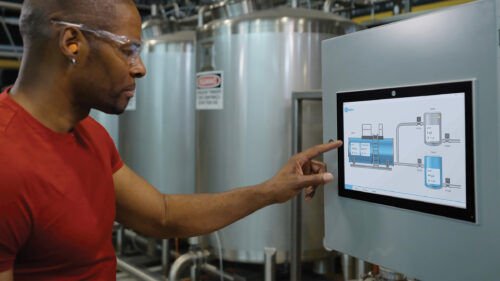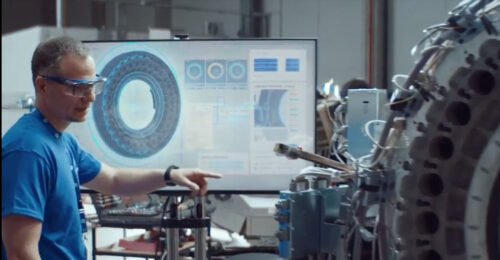Will the future of microinverters match the expectations of suppliers?
While microinverters have the potential to change the market, it is too early to tell what kind of impact they will have in the long run.
If you listen to most suppliers of microinverters you will hear how their product will revolutionize the market. Most will say how the benefits of their technology clearly outweigh the traditional centralized approach. You may even hear how installers are amazed by this ‘revolutionary’ technology. Of course microinverters are not new, they have existed in Europe for well over a decade, but the marketing hype of an emerging disruptive technology is an effective one.
But will microinverters meet these suppliers’ bold expectations?
The simple answer is that it is probably too early to tell because markets rarely change overnight, but can sometimes swing rapidly in favour, or against certain technologies. Much optimism is coming from the US with Enphase capturing a large percentage of the residential market in a very short timeframe. However, there are certainly a number of factors which may limit this elsewhere including the conservatism of installers in Europe, accustomed to string inverters after many years of use. We expect that microinverter suppliers continue focusing on partnering with module suppliers which will provide a huge sales channel for microinverters and product differentiation for the module suppliers, but it seems that concerns over reliability and cost on the part of module suppliers is also hindering this. An inverter integrated into the module of course means the lifetime of both will have to match and although microinverters generally have a 20-25 years warranty, it is still unproven whether the amount of sensitive electronics in the field will be able to last that long.
In my opinion, there is a bright future for microinverters as the simpler installation, greater yield and enhanced monitoring capabilities do present clear benefits to installers and system owners. However, there will most likely be no ‘winning’ technology for the inverter market and microinverters will simply carve out a niche in a growing market that will still generally favor the centralized approach.
However, I’m sure many microinverter companies will disagree with me; in fact one supplier is so confident of the success of their product that they wagered buying me an expensive meal in the restaurant of my choice if they ship more microinverters this year than we forecast for the total market. I’m fairly confident to say the least!
Do you have experience and expertise with the topics mentioned in this content? You should consider contributing to our CFE Media editorial team and getting the recognition you and your company deserve. Click here to start this process.





